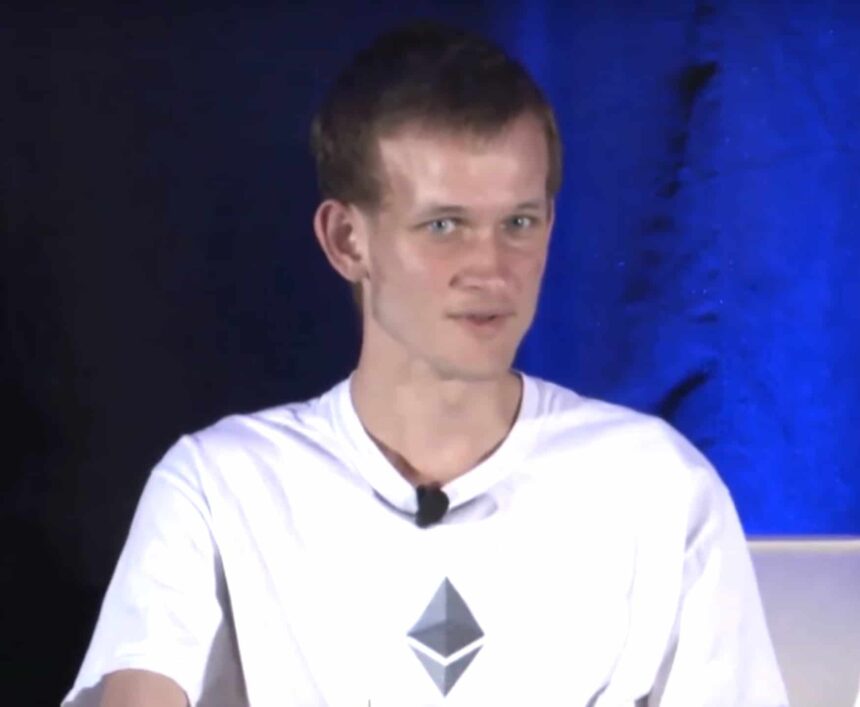Ethereum co-founder Vitalik Buterin has called on the Ethereum community to shift its focus toward low-risk decentralized finance (DeFi) protocols, asserting that these frameworks have the potential to lay a solid economic foundation for the network’s expansive ecosystem. He suggests that low-risk DeFi, which includes applications like payments, savings, and fully collateralized lending, could function similarly to how Google relies on advertising revenue to fuel its various initiatives.
Drawing a noteworthy parallel, Buterin highlighted that Google garnered more than 75% of its 2024 revenue from ads, implying that a robust low-risk DeFi sector could provide Ethereum with the financial stability necessary to support its more experimental and non-financial endeavors. He stated, “Low-risk DeFi can play a similar role for Ethereum,” stressing its ability to bolster the network’s diverse offerings without necessarily being profit-driven.
Noting his previous skepticism regarding DeFi, Buterin reflected on the sector’s early focus on speculative trading and high-yield farming, which had raised sustainability concerns. He pointed to the 2022 Yuga Labs’ Otherdeed sale as an example of inefficiencies within the ecosystem that resulted in significant gas fees. However, he acknowledged that the DeFi landscape has matured since then, with risks gradually decreasing alongside evolving global regulatory frameworks. “Hacks and losses are increasingly being pushed out to further edges of the ecosystem,” he explained, as users engage in riskier speculative activities.
Buterin further argued that for many investors, the risks associated with traditional finance (TradFi) now outweigh those encountered in DeFi, making decentralized finance a more attractive option. In a subtle critique of competing blockchain ecosystems dominated by memecoins, he emphasized the importance of generating revenue from applications that align with ethical standards. He cautioned that over-reliance on politically-charged memecoins could compromise claims of positive global impact, stating, “It’s just not possible to say with a straight face you are excited about the ecosystem because it’s positively changing the world, if its single largest application is political memecoins.”
Looking to the future, Buterin outlined a vision for the evolution of low-risk DeFi, anticipating innovations such as reputation-based undercollateralized lending, integration with prediction markets, and a transition from traditional USD-based stablecoins to alternative forms of value, referred to as “flatcoins.” According to him, these advancements would not only reinforce Ethereum’s economic framework but also enhance its social contributions while synergizing with more experimental projects. He remarked, “Low-risk DeFi is already supporting the Ethereum economy; it is making the world a better place even today.”
Buterin’s commentary aligns with significant organizational changes within the Ethereum Foundation, which is now co-led by Hsiao-Wei Wang and Tomasz K. Stańczak. The Foundation has introduced initiatives such as the “Trillion Dollar Security” and a comprehensive privacy roadmap, while also restructuring its grants program to optimize resources.
This strategic emphasis on ethical and sustainable revenue sources underscores a vision for Ethereum as a transformative force in blockchain technology. As Buterin articulated, the goal is for low-risk DeFi to act as a stable economic engine, thereby facilitating the pursuit of innovative and culturally relevant applications. In concluding his message, Buterin expressed optimism for the project, stating, “It is a project that we can all be proud of,” emphasizing the alignment between economic viability and Ethereum’s broader mission to drive meaningful change in the world.






